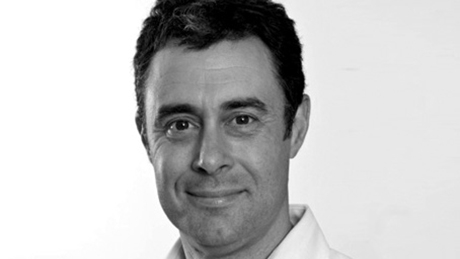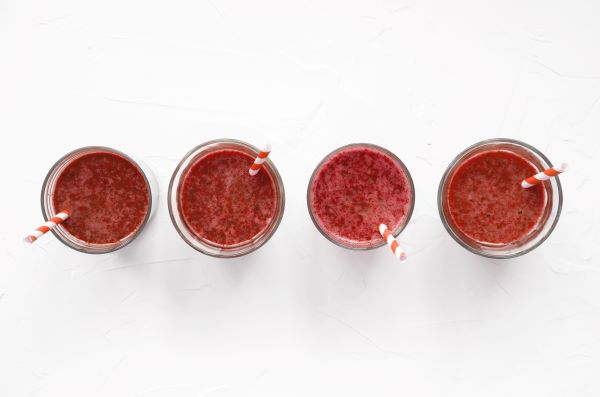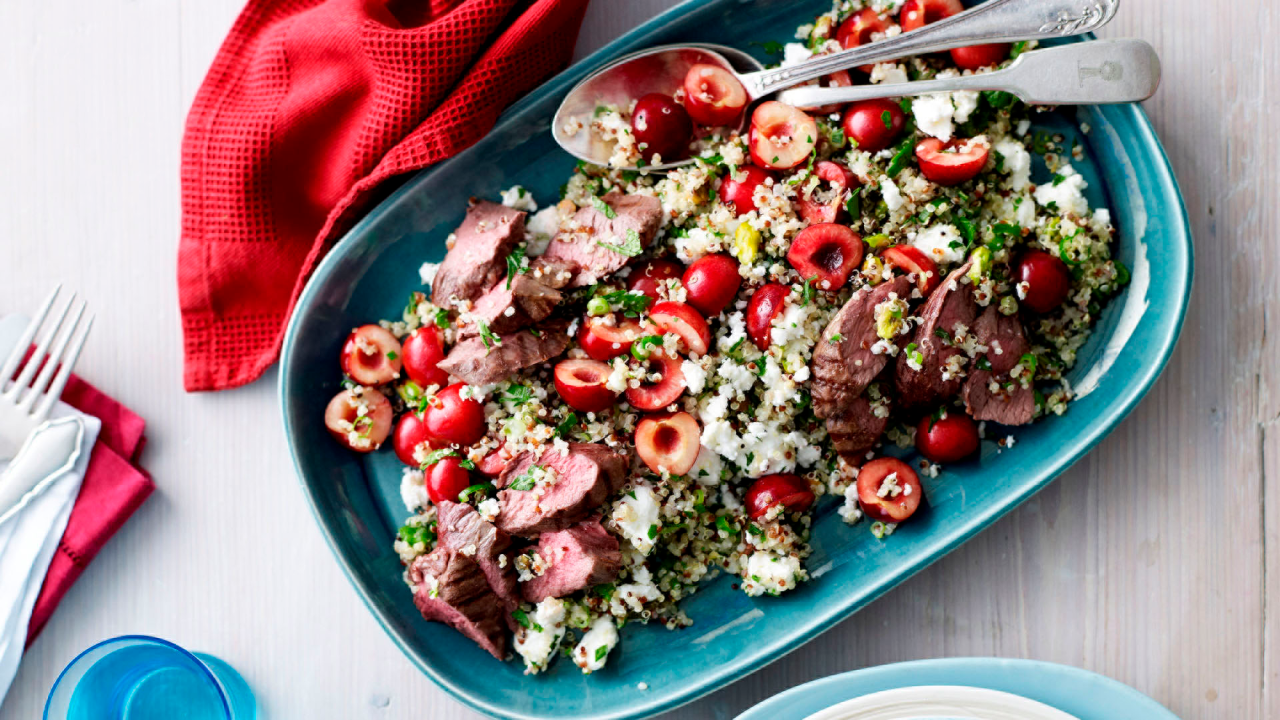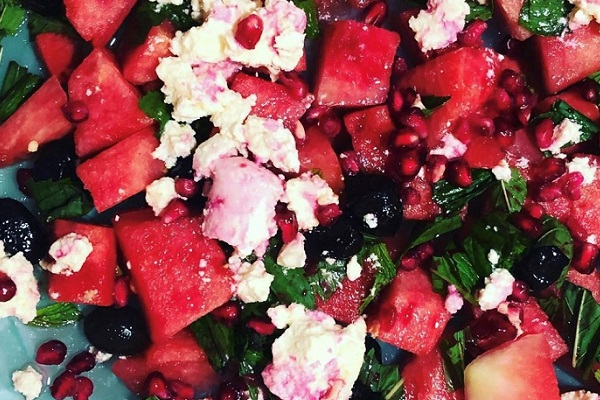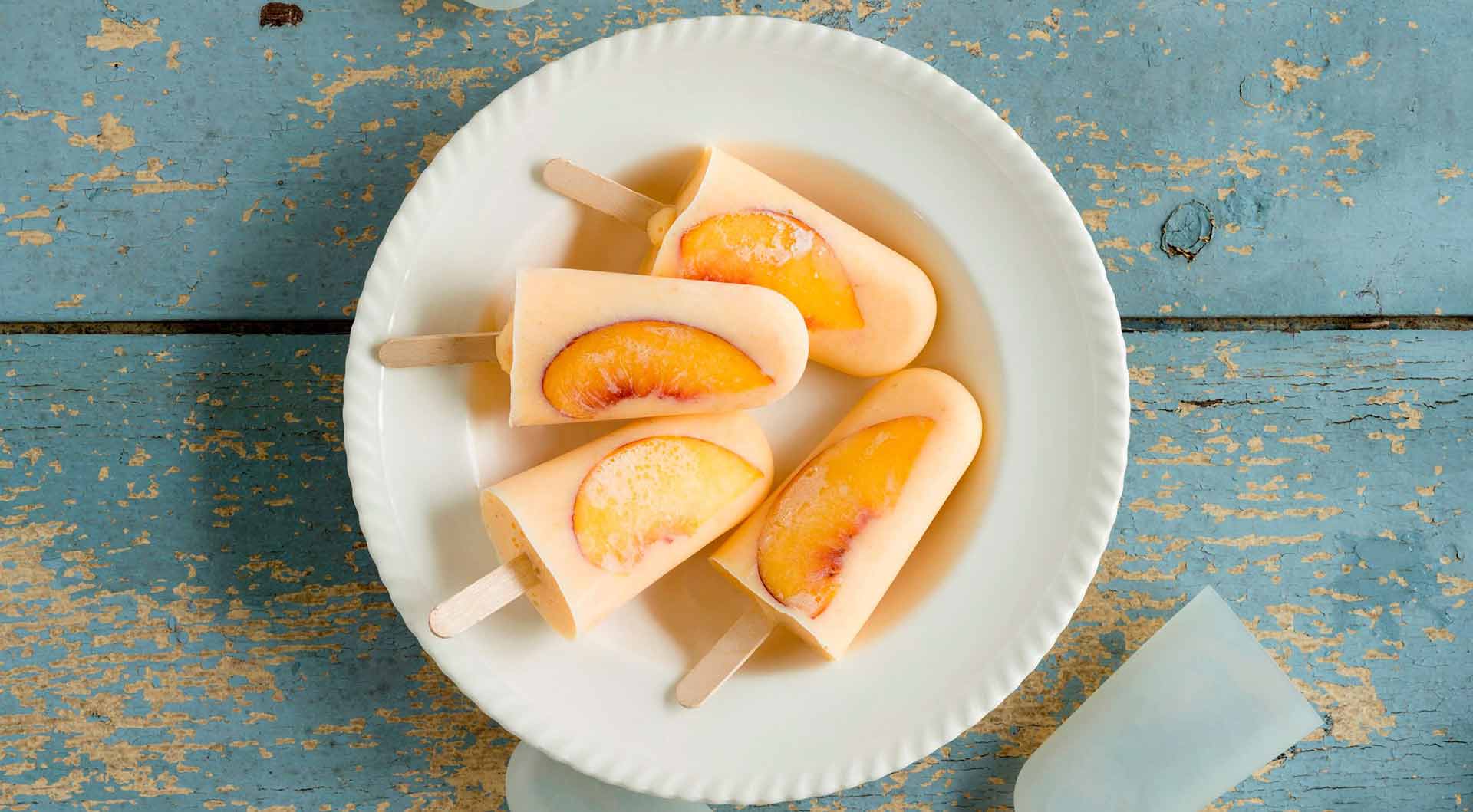-
With each passing year, the health risks associated with poor diet, lack of exercise, smoking, stress and excess alcohol quietly and insidiously increase the risk of developing serious health issues. These are not the kind of sicknesses that can be easily be shaken with a rest and over-the-counter medication.
These are illnesses or chronic conditions like diabetes, heart disease, stroke, cancer and dementia. Poor health habits come in so many varieties, from sneaky unhealthy snacks, lack of physical activity or a full-blown 24-hour party lifestyle. But no matter what the unhealthy habit may be, there is always a health cost.
Some more obvious signs of poor health habits can be seen or felt. This may include a bulging waistline, a shortness of breath with physical exertion or daytime tiredness.
Unfortunately, often these symptoms are just the tip of the iceberg. It’s what you don’t see or feel that poses the greatest risk to your long-term health.
Many of the lifestyle diseases that cause such serious illness or potentially even early death are due to the combined effects of many subtle changes in the function of cells and tissues, with slight and persistent changes in immune function and hormone levels.
The subtlety of these chemical and tissue-level changes forms a large part of the work of many thousands of medical scientists all around the world. There have been many recent discoveries that help decipher the complexity of interconnections that trigger serious disease. Yet these discoveries always point towards the importance of lifestyle choices as the root cause.
It’s never too late to change
The good news we can take from this knowledge it is that some of the causes are reversible. For the most part, many complications and health risk experienced from poor food choices, physical inactivity and too much stress can be quickly and effectively improved by changes in lifestyle habits.
Even in the face of a serious disease, healthy lifestyle changes can sometimes help ease the disease severity and improve prognosis. However, it is so much more important to prevent serious disease.
From the inside out, some health benefits can make a difference as quickly as after a single meal. For example, blood glucose (sugar) levels fluctuate less by eating low glycaemic index (GI) foods.
Same too for cholesterol. Eating less saturated fat and more vegetables, fruits, legumes, beans and nuts can nudge down cholesterol levels in just a few weeks.
Many clinical studies, involving various approaches to promote healthy eating and drinking, increase regular physical activity and emotional balance have repeatedly (and convincingly) shown that even small changes are beneficial to our health. But more is better. It’s like climbing up a ladder. With each rung, the health benefits add up. With time, so too do the measurable and visible gains in health.
Changing habits, one step at a time
Despite our desire to be healthier, making change is sometimes no easy task. Habits, vices, creature comforts and cravings acquired in the past decade (or many decades!) can be stubbornly difficult to shake off. It’s not worth sugar-coating the fact that with any healthy change there is some sacrifice, new learnings and importantly plenty of trial and error until you find what works for you.
But on the flipside, there is a whole world of reasons to make lifestyle changes, including a new physical and mental vibrancy, zest and, of course, a desire to live a better life.
Here are my top five positive ways to help you make successful and lasting healthy lifestyle decisions.
Take baby steps
It’s amazing that even simple and achievable health changes can soon add up to have a profound impact on health. Pick your easiest habits and behaviours to change. Choose just one or two at a time and have a go at seeing what you can do.
Break the habit loop
Poor health choices can sometimes be the consequence of situations that trigger a routine that leads to an unhealthy action. The trigger can be boredom, the clock striking 3pm, a work deadline or the wafting smell of freshly baked cookies. The challenge is then to identify these triggers and set about either altering the trigger or making changes to the routine.
Let go of perfectionism
Changing a habit is rarely a simple and instant success. It could be like a rollercoaster, racing from highs to lows. For each low it’s important to assess what the trigger has been, how to adapt (or reduce) the likelihood of this happening again, regroup and carry on.
Knowledge matters, but it’s not everything
Are you caught in a conundrum of being bombarded by health experts, each giving different and conflicting advice about what works best? Confused and not sure what to do? The solution is to combine your knowledge (often common sense) with application.
No single ‘healthy’ diet is vastly overwhelming superior to another ‘healthy’ diet. This means you can choose what elements of a healthy lifestyle plan you are most likely to achieve (and maybe even like) and combine them into what works for you.
Find healthy things you enjoy
The reason most of us love junk food is because it tastes wonderful. It’s pretty intuitive then that you are never going to fall in love with food that you absolutely hate. This means that in building new healthier habits it always best to start with foods (or habits) at are at least tolerable and maybe even likeable.
And remember
No matter what your former health behaviours have been, or even for how long, it’s never too late to start making a change.
Can you reverse the impact of a poor diet?
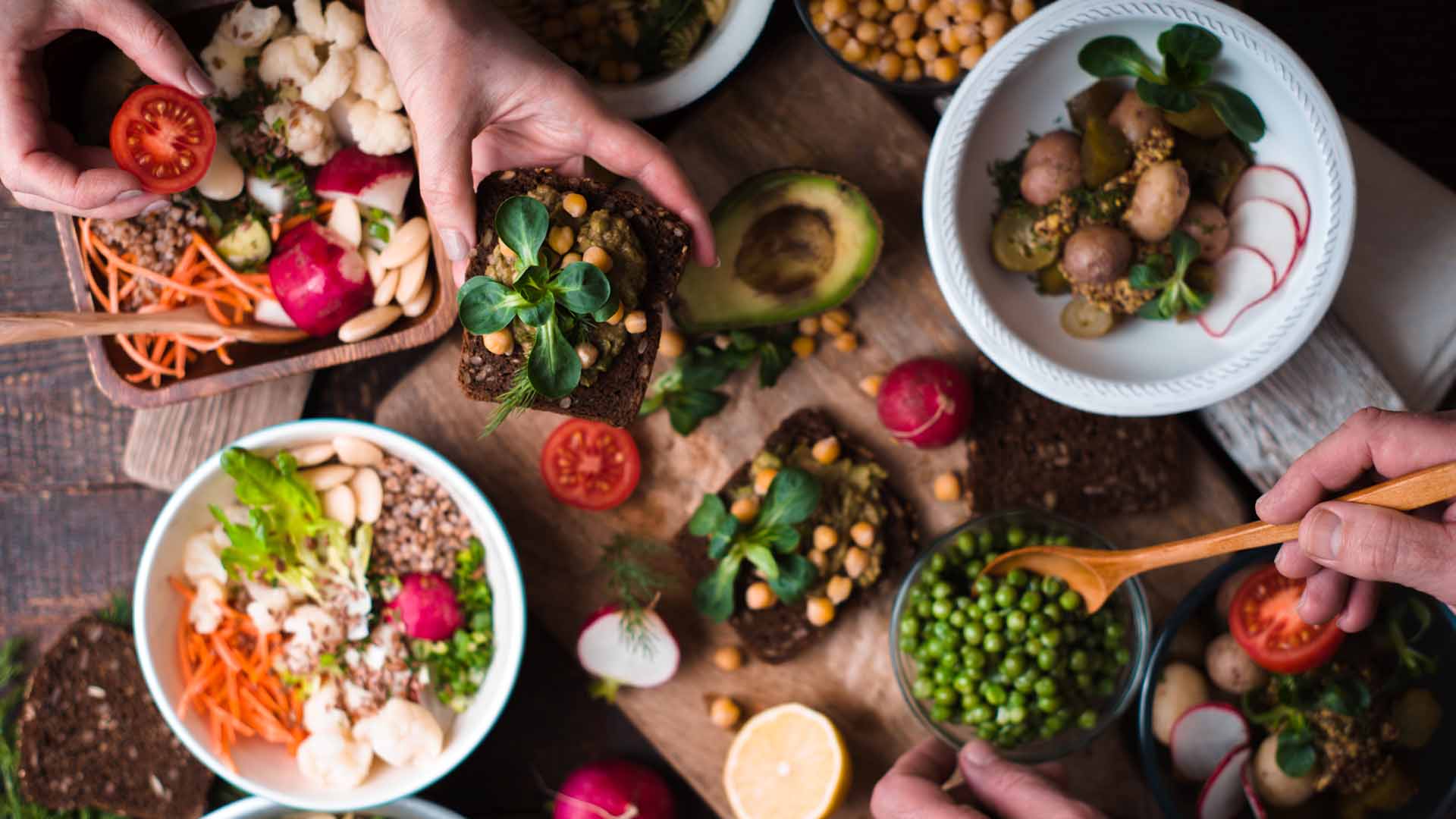
-
5 reasons to get your blender out
Soups, smoothies, sauces and more. Here we pay homage to one of the kitchen's most versatile appliances: the blender.
-
10 healthy recipes to enjoy this festive season
Trying to be healthy during the festive season can be tough. We’ve rounded up 10 of our most delicious summer recipes for you to make it easier.
-
Grilled chicken with mango and avocado salsa recipe
The flavour of the mango, lime and coriander work perfectly together to add a taste of summer to any meal.
-
Watermelon, pomegranate and olive salad recipe
You’ll be pleasantly surprised how well these flavours work together. It’s a simple and refreshing salad that will soon become a summer favourite.
-
Mocktail recipes: Five of the best
The same great taste.
-
10 delicious, low-sugar desserts
Naturally sweet ingredients are great for desserts
Subscribe to receive the best from Live Better every week. Healthy recipes, exercise tips and activities, offers and promotions – everything to help you eat, move and feel better.
By clicking sign up I understand and agree to Medibank's privacy policy
